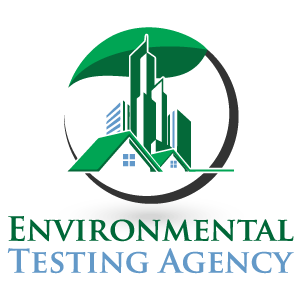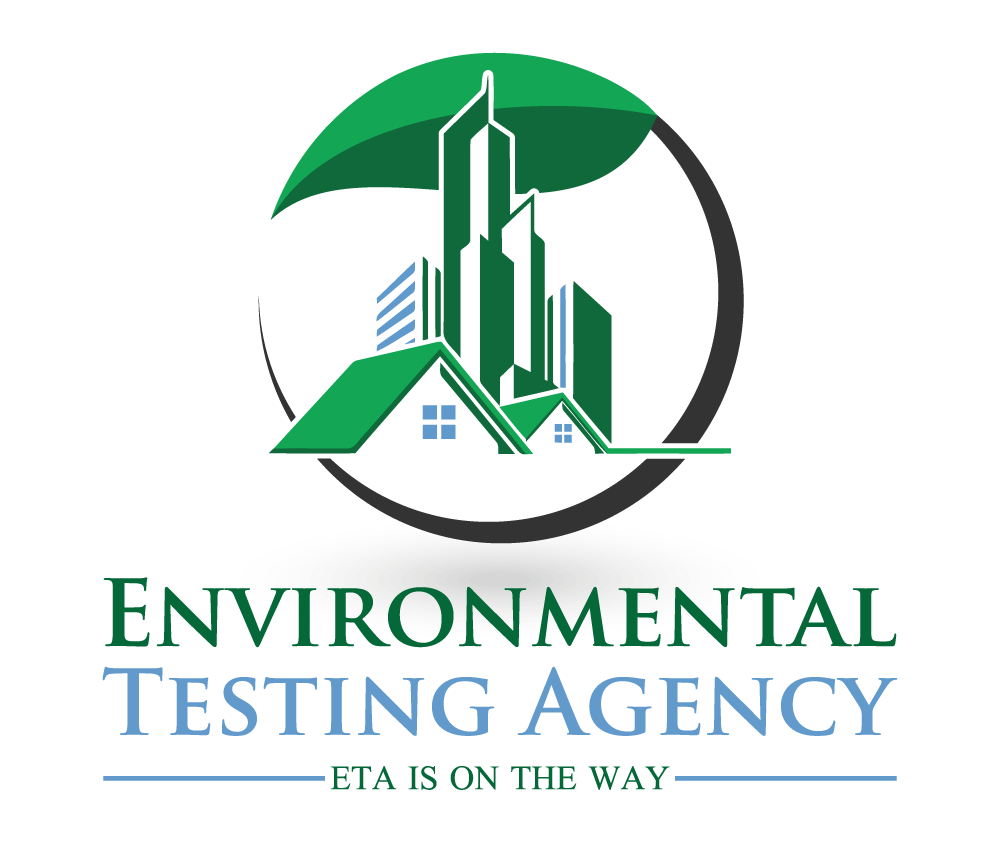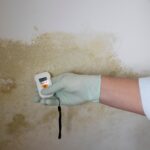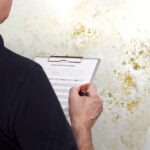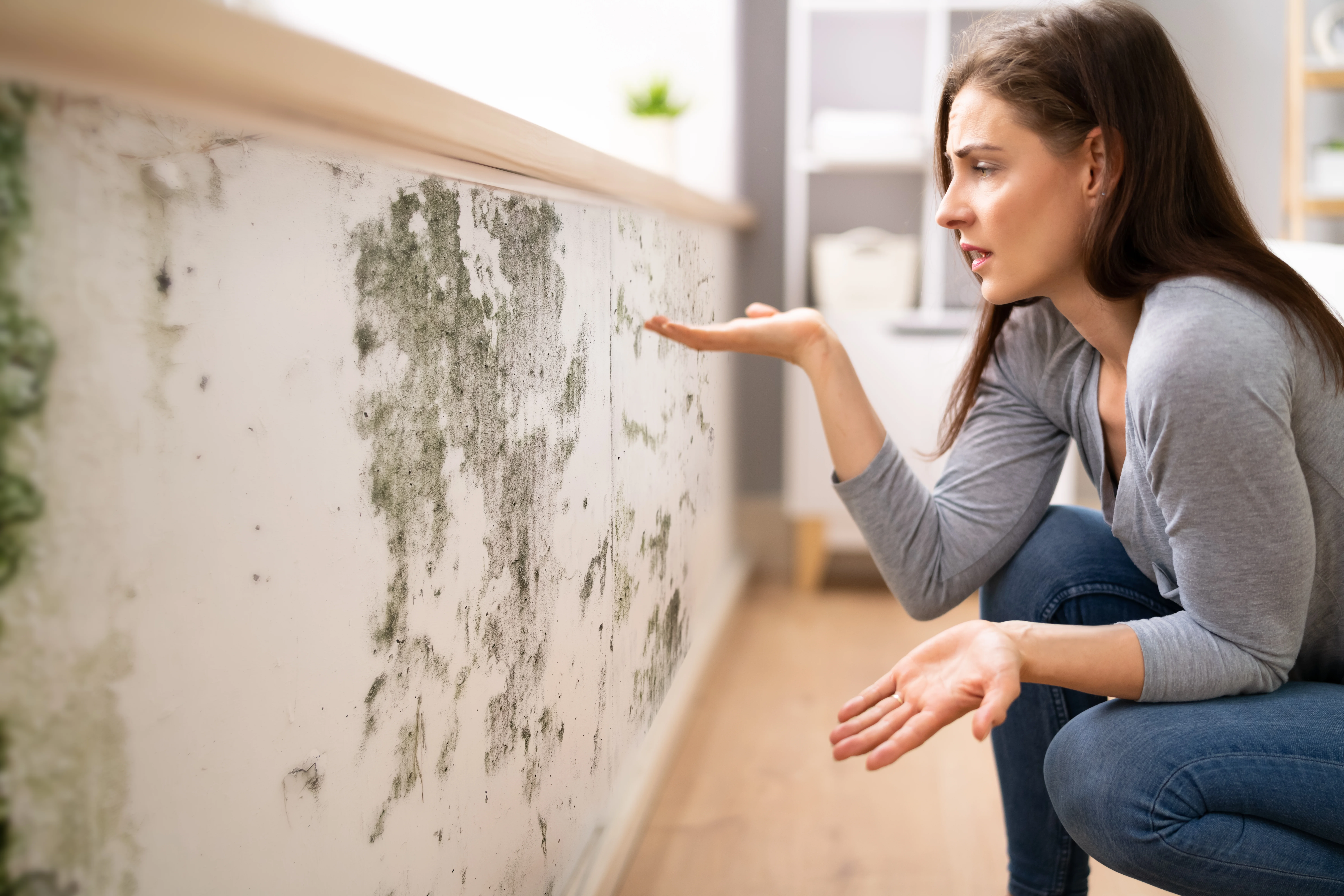Mold Related Lawsuits – Causes, Types & Prevention

Mold-related lawsuits have gained more attention over the past two decades, mainly due to high-profile cases that resulted in multimillion-dollar settlements. As mold becomes a bigger concern in homes and workplaces, individuals and organizations are turning to legal channels to address health issues and property damage caused by mold infestations. This blog takes a closer look at mold-related lawsuits, covering the causes, legal grounds for such claims, and steps you can take to protect yourself.
What Causes Mold Related Lawsuits?
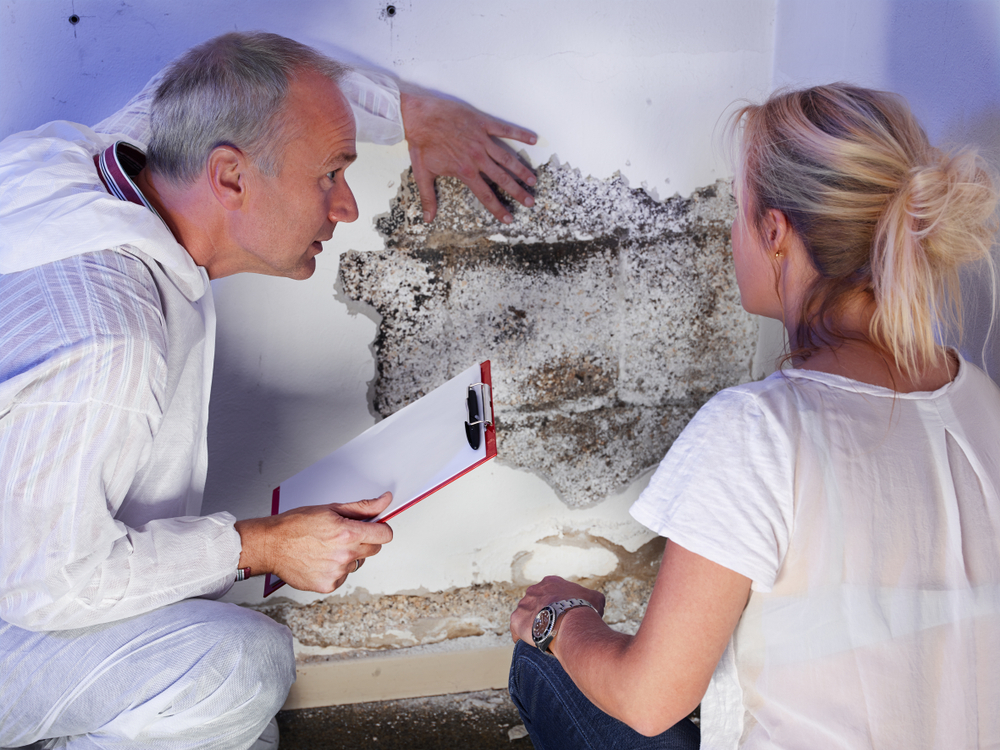
Mold growth is a common problem in new & old construction where moisture accumulates. It can result from faulty construction, water leaks, poor ventilation, or flooding. When mold spores find a moist environment, they multiply and can spread rapidly, especially in hidden spaces like walls, ceilings, and floors. Common causes of mold-related lawsuits include:
- Construction Defects – Poor building practices, such as inadequate waterproofing or improper ventilation, can create the ideal conditions for mold growth. When mold results from these construction defects, property owners may file a lawsuit against the contractor or builder.
- Landlord/Tenant Disputes – Landlords are legally required to provide habitable living conditions for tenants. When landlords fail to address mold issues, tenants can bring lawsuits for breach of the warranty of habitability.
- Failure to Disclose Mold in Real Estate Transactions – When selling a property, sellers are required to disclose known defects, including mold problems. Failing to do so can lead to lawsuits by the buyer once the mold is discovered.
- Insurance Bad Faith Claims – Sometimes, homeowners or business owners file insurance claims for mold damage, only to have their claims denied or underpaid. This can result in a lawsuit against the insurance company for acting in bad faith.
Types of Mold Related Claims
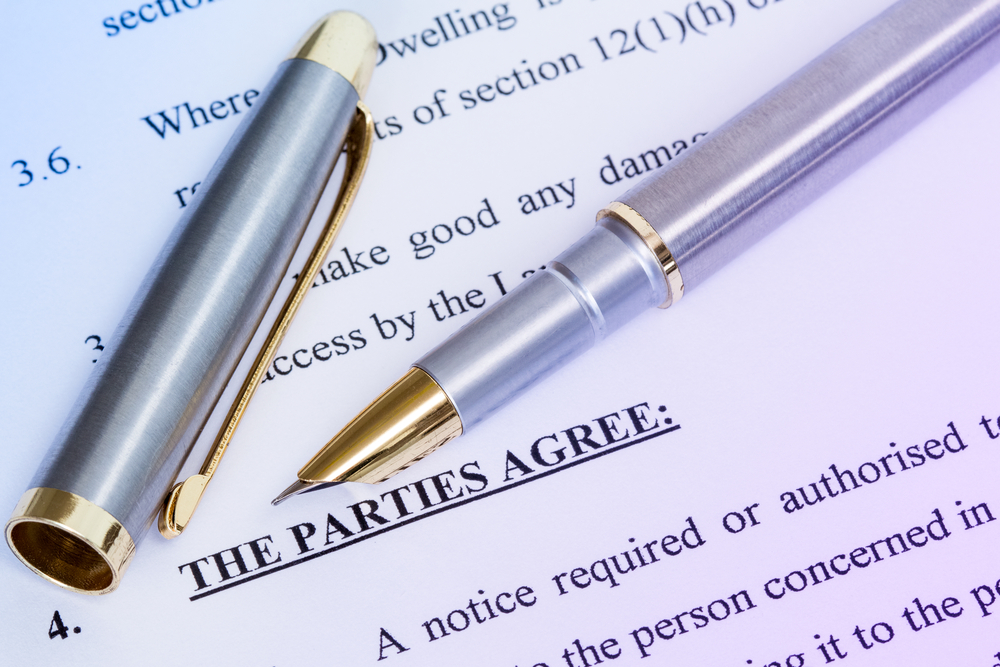
Mold related lawsuits typically involve two types of claims:
- Personal Injury Claims – These lawsuits are filed when an individual believes they have suffered health problems due to mold exposure. Mold can trigger allergic reactions, respiratory issues, and other health complications, particularly in individuals with compromised immune systems. Plaintiffs seek compensation for medical bills, lost wages, and pain and suffering.
- Property Damage Claims – Mold can cause severe damage to buildings, furniture, and personal belongings. Property owners may file lawsuits to recover the costs of mold remediation and the repair of structural damage. In severe cases, properties may become uninhabitable, leading to claims for loss of use.
The Challenges of Proving Mold Related Claims

While mold lawsuits have become more common, proving these cases can be challenging. Here are some of the key hurdles plaintiffs face:
- Establishing Causation – One of the most difficult aspects of a mold-related personal injury lawsuit is proving that exposure to mold caused the alleged health problems. Mold is present in the air both indoors and outdoors, making it difficult to establish that the exposure occurred in a specific place, such as a home or workplace. Additionally, health effects from mold exposure can vary widely, and many symptoms mimic other illnesses.
- Medical Evidence – To succeed in a personal injury mold claim, plaintiffs need strong medical evidence linking their health issues to mold exposure. However, the medical community is still divided on the extent to which mold exposure causes certain diseases, leading to differing opinions and challenges in court.
- Scientific Standards – In many cases, the evidence presented by plaintiffs, such as mold testing results or medical diagnoses, must meet specific legal standards, such as the Frye or Daubert standards, which require scientific methods to be widely accepted within the relevant field.
- Pre-existing Conditions – Mold related lawsuits often involve a detailed review of the plaintiff’s medical history. Defense attorneys may argue that the plaintiff’s health problems are the result of pre-existing conditions, unrelated to mold exposure.
Mold Lawsuit Settlement Amounts
Over the years, several high-profile mold cases have set precedents and made headlines:
This case involved a Texas couple who sued their insurance company after their home was damaged by mold. They were awarded a staggering $32 million, which included damages for mold contamination and bad faith insurance practices. The award was later reduced but remains one of the most well-known mold lawsuits.
In this case, a California family sued their insurance company for failing to cover damages caused by mold. The jury awarded the family $18 million, claiming the insurer had acted in bad faith.
3. Leaky Roof Results in $48 Million Settlement (April 2021)
One of the largest mold-related settlements occurred in 2021, when a seemingly minor leaky roof led to a $48 million settlement. The plaintiff suffered a wide range of symptoms, from digestive issues to nervous system problems, all attributed to toxic mold exposure in her home. These health issues are expected to be lifelong, and the failure of the contractors and building management to properly fix the leaky roof was a critical factor in the case.
The court’s decision underscores the importance of contractors and property managers taking immediate action to address moisture issues. Mold, if left untreated, can lead to long-term health problems, and this case serves as a stark reminder of the legal responsibilities involved.
4. Workplace Mold Exposure Leads to $18 Million Settlement
Mold exposure isn’t limited to residential spaces – workplaces can also pose a significant risk. In North Carolina, Baxter International was ordered to pay $18 million in 2021 to settle claims of mold exposure in a workplace. The case revolved around the company’s failure to address mold in air filters, despite complaints from an employee.
The settlement emphasized the responsibility of employers to maintain safe working environments. If management ignores warnings and allows employees to be exposed to harmful conditions like toxic mold, they could face serious legal consequences. This case also highlights the importance of taking immediate action when employees raise health concerns related to mold.
5. Construction Defects and Mold: $22.6 Million Settlement
Even newly constructed homes are not immune to the risks of toxic mold. A family in Manhattan Beach, California, was awarded $22.6 million after their infant child developed health problems due to mold exposure in their new home. The family claimed that the mold grew due to improperly stored building materials, specifically the lumber supplied by Crenshaw Lumber Co. Inc.
The child’s health deteriorated to the point where they required 24-hour care, and the mold infestation was traced back to faulty construction practices. This settlement serves as a cautionary tale for contractors, builders, and suppliers to ensure that materials are properly stored and buildings are constructed to prevent moisture intrusion.
These large settlements have contributed to an increase in mold-related litigation, with plaintiffs seeking substantial compensation for both health issues and property damage.
How to Protect Yourself from Mold Lawsuits
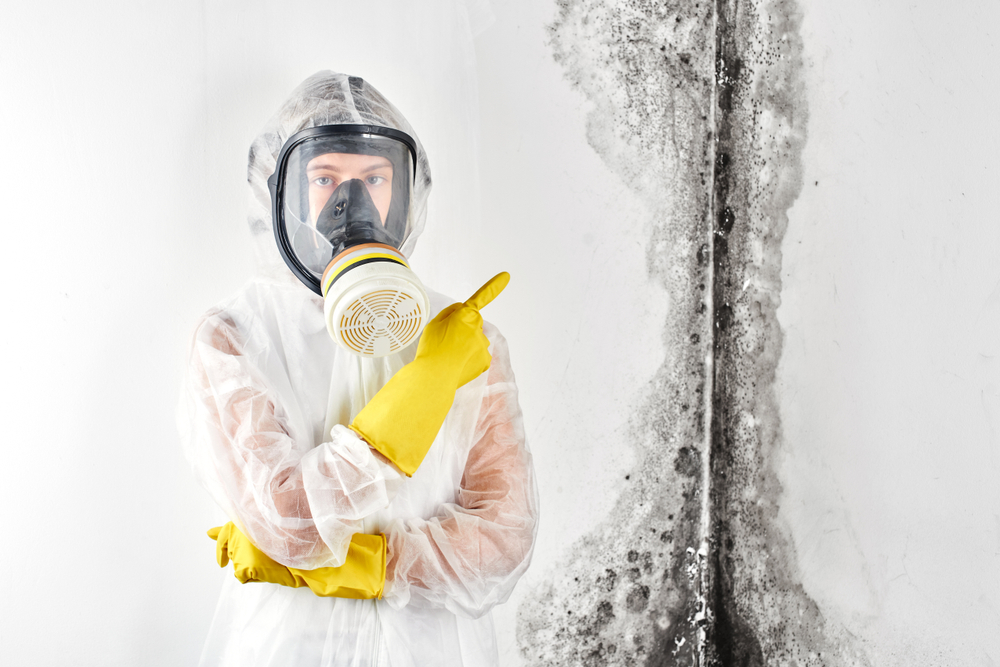
Whether you’re a property owner, tenant, or contractor, taking preventive measures can help you avoid mold related lawsuits:
- Address Moisture Issues Promptly – Mold thrives in damp environments. Regularly inspect your property for water leaks, poor drainage, and ventilation issues. Address any signs of moisture promptly to prevent mold growth.
- Document Everything – Keep detailed records of any water damage, repairs, and communications with contractors or landlords regarding mold issues. Having thorough documentation can be crucial in defending against mold-related claims.
- Disclose Mold Problems – If you’re selling or renting a property, disclose any known mold issues upfront. Failing to do so can lead to legal trouble down the road.
- Hire Professionals for Remediation – If mold is discovered, hire certified professionals to handle the remediation process. Proper mold removal and prevention techniques can save you from future lawsuits.
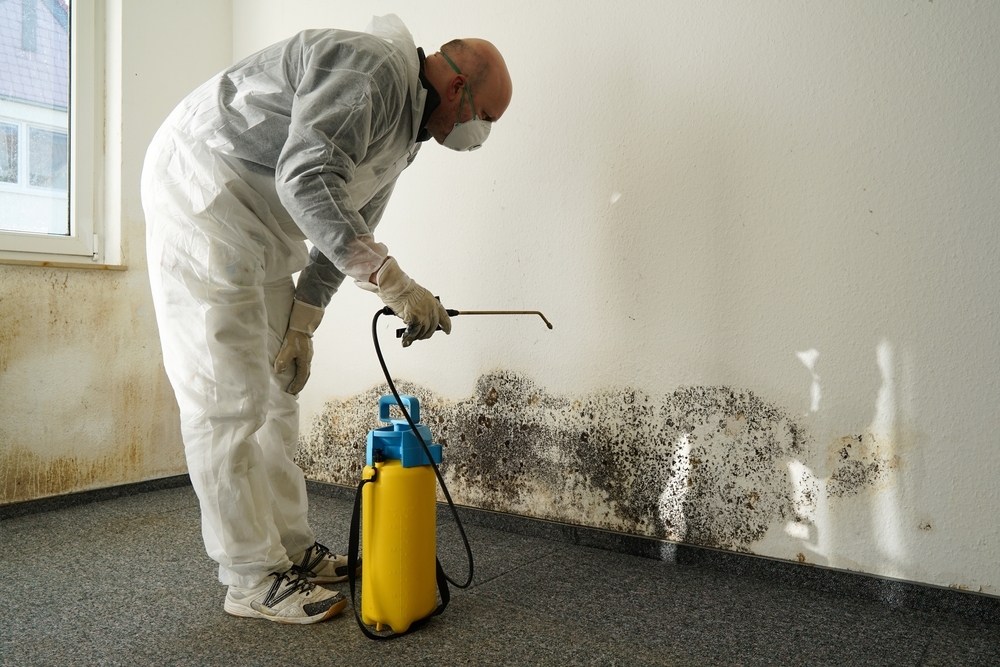
The Future of Mold Related Lawsuits
As medical research on mold exposure continues to evolve, the legal landscape surrounding mold related lawsuits may change. Courts are becoming more familiar with mold claims, and defense attorneys are better equipped to challenge questionable evidence. Over time, clearer guidelines for mold exposure limits and health effects may emerge, making these cases easier to litigate.
Conclusion on Protecting Yourself from Mold Related Lawsuits:
Mold related lawsuits have become a significant legal issue, affecting homeowners, landlords, contractors, and insurers alike. While these cases can be complex, taking proactive steps to prevent mold growth and addressing any issues promptly can help minimize liability. If you’re dealing with mold issues, it’s crucial to seek professional help and legal advice to navigate the challenges of mold litigation effectively.
Protect Your Property In Florida with ETA
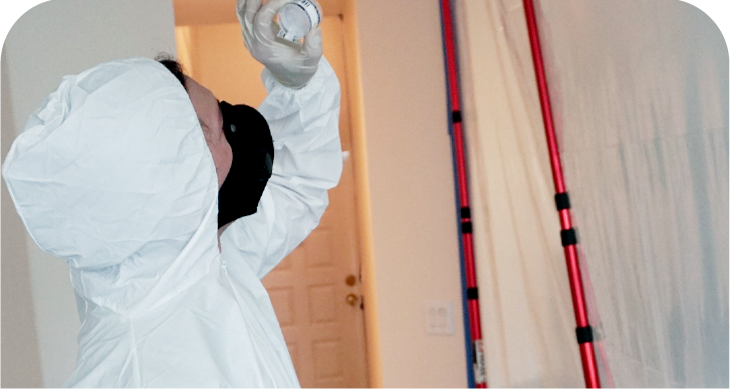
Don’t wait for mold to become a legal or health concern. Schedule a professional mold inspection with ETA today. If you’re in Florida, our local experts are equipped with advanced techniques to detect mold and provide effective solutions tailored to the state’s unique climate conditions. Whether it’s your home or business, we’ll ensure your property remains safe and mold-free. Contact us now for a consultation and protect your space from mold related issues before they escalate.

